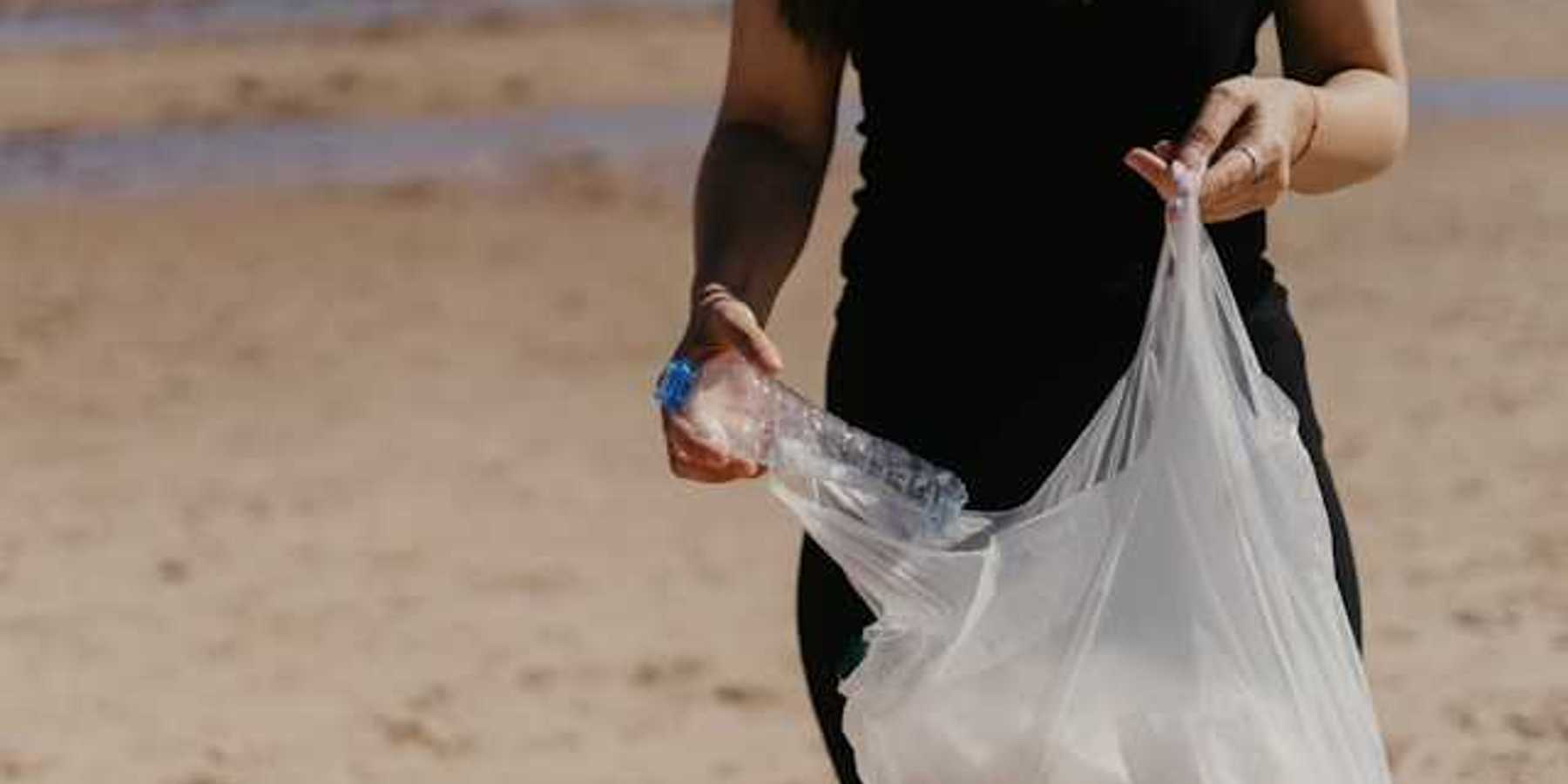Flaw in Montreal Protocol allows U.S. facilities to pollute
Maxine Joselow reports for The Washington Post about a loophole in the Montreal Protocol that has led U.S. factories to emit gases that damage the ozone layer and contribute to climate change.
In a nutshell:
Despite the success of the Montreal Protocol in phasing out gases that damage the ozone layer, an exemption in the treaty has allowed U.S. factories to release ozone-depleting and climate-warming fluorinated gases, or F-gases. Using infrared technology, the Environmental Investigation Agency detected such emissions from facilities in Texas and Louisiana. The report reveals that although certain types of F-gases have been banned, their continued use in chemical production remains a significant concern, especially as international negotiators convene to evaluate the treaty's implementation.
Key quote:
"We’re not saying that all F-gases should disappear tomorrow,” said Avipsa Mahapatra, climate campaign lead at the EIA, told The Post. “What we’re saying is that F-gases should be limited to essential uses, and the companies that produce them should be able to control unnecessary emissions, which come at a massive cost to our ozone layer and our climate.”
The big picture:
Exposure to heightened levels of ultraviolet radiation, resulting from a depleted ozone layer, can lead to increased incidences of skin cancers and cataracts in humans. Prolonged exposure to UV rays also weakens the immune system, making individuals more susceptible to infectious diseases. The global warming impact of F-gases exacerbates extreme weather events, which bear direct and indirect health risks, including heat-related illnesses, respiratory issues, and vector-borne diseases.
Read the article at the The Washington Post.
Learn more about the Montreal Protocol in Peter Dykstra's piece for EHN, "A global I-told-you-so."













